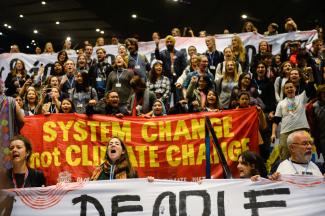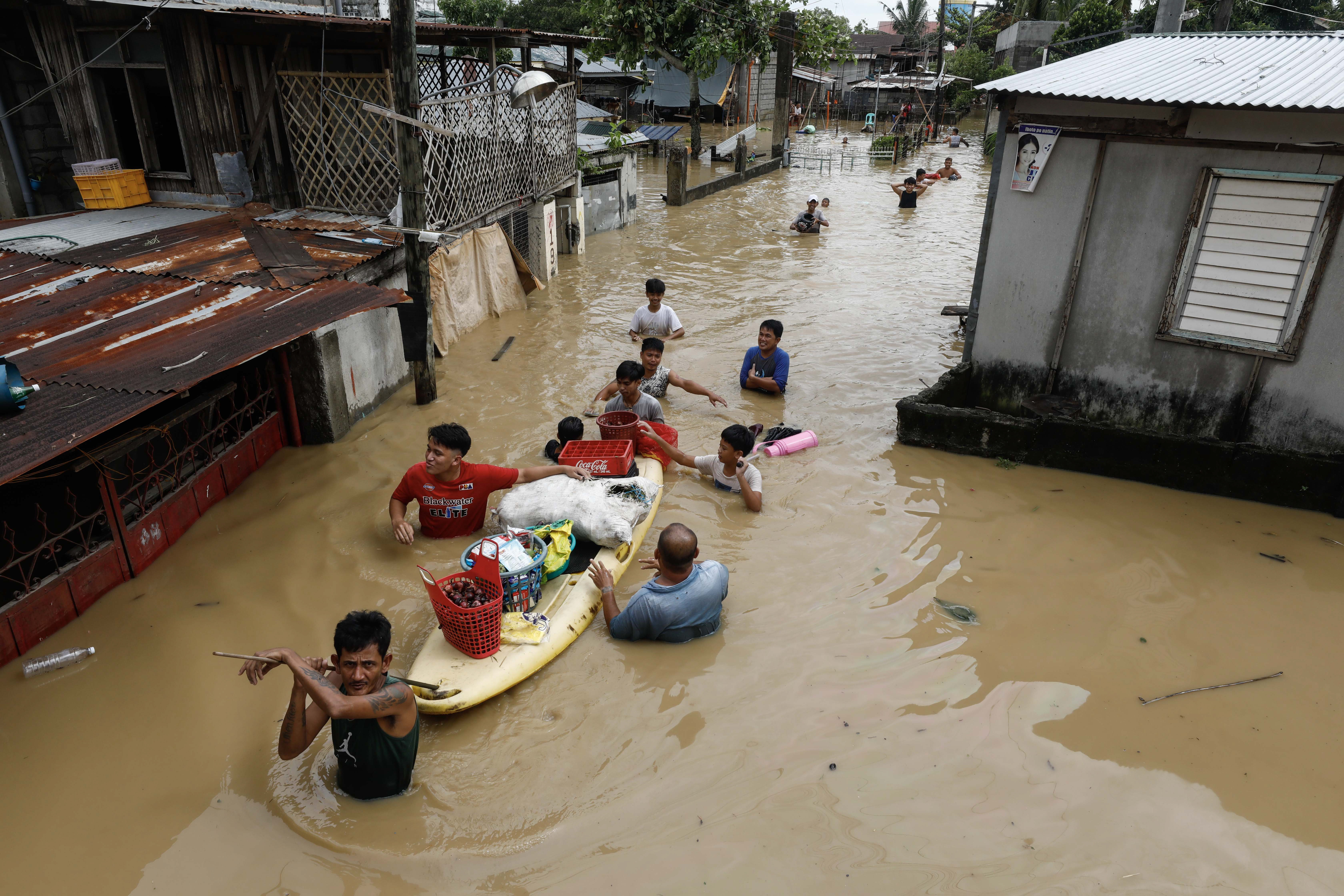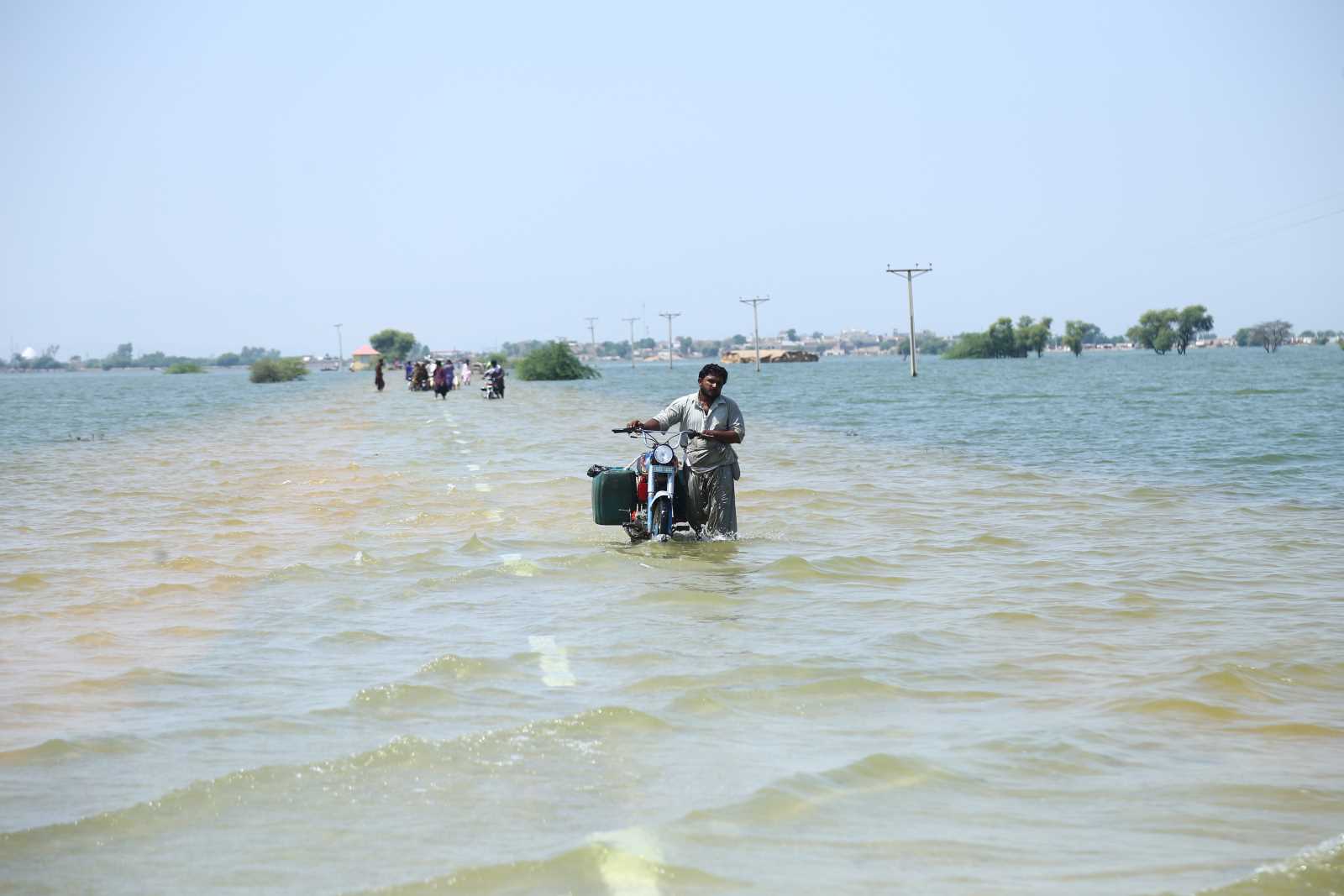Climate
Higher ambitions are essential

Human beings react instinctively to immediate threats. With a certain level of adrenalin in their bloodstream, they will jump even if it hurts. To address long-term risks, by contrast, the mind is needed. It will weigh diverging interests, and is likely to expect external solutions. Nobody seeks pain voluntarily.
Climate change is a long-term trend. The earth has been getting warmer since industrialisation set in 200 years ago. In many parts of the world, climate change has been obvious for a long time, and it can no longer be denied anymore in advanced nations either: California and Australia are hit by ever more severe wildfires, Germany experienced drought this year and parts of Italy were flooded.
But the big bang that would trigger radical change has not occurred yet. Irreversible tipping points include the melting of the polar ice caps, the thawing of permafrost soils or the breakdown of the gulf stream. They will not materialise quickly, but they are in sight, implying existential risks.
Once a tipping point is reached, adaptation is impossible. Prevention is therefore necessary. Change is urgent in sectors such as energy, construction, housing and transport as well as in agriculture and forestry. To preserve the planet for future generations, the world economy must be transformed, and that would make sense in business terms too. But too many of the world’s leaders have other priorities and are biased towards powerful interest groups who want to keep benefiting from fossil fuels.
A collectively accepted set of science-based rules can be helpful. At the climate summit, almost 200 countries agreed on a joint framework for implementing the Paris Agreement, fending off obstructive action by the USA, Saudi Arabia and Russia, for instance. The international community has thus reaffirmed the Paris Agreement. The multilateral guidelines will facilitate the comparison of individual countries’ contributions to climate protection, and compulsory reports on climate financing will boost compliance.
A foundation for action has thus been laid, and the chances that countries will live up to their Paris commitments have grown. Even the US delegation did not torpedoe the result, but kept the door open for an eventual return to the Paris Agreement. The new rule book still doesn’t include sanctions, but “naming and shaming” will put pressure on countries. Moreover, countries that do not play by the rules are set to lose the right to participate in international carbon trading. Carbon trading allows countries to compensate shortcomings at home with climate investments in other countries. New and stricter trading rules are to be adopted at the next climate conference in Chile next year. The issue remained unresolved in Katowice because of a dispute with Brazil.
A solid foundation, however, does not automatically lead to appropriate action. There has been sufficient time for change. Nonetheless, global carbon emissions are once again at a record level this year – 21 years after the adoption of the Kyoto protocol and three years after the Paris summit. Even if all nation states obey the new rules, climate change will continue. Nations must raise their ambitions fast – and act accordingly. That is what really matters.
Katja Dombrowski is a member of the editorial team of D+C/E+Z.
euz.editor@fazit-communication.de












